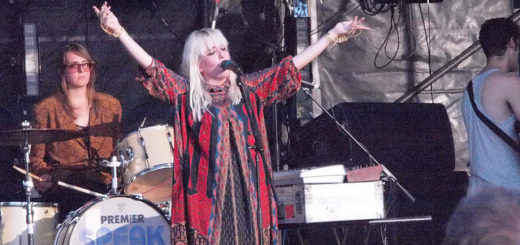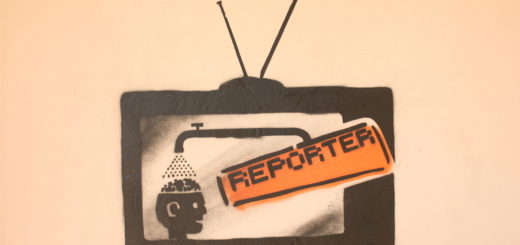Hanks: Officials should consider the mobility limitations of voters
On the last day of early voting, I went to the Travis County Airport Boulevard Offices and stood in line a full one and a half hours to cast my ballot. I had checked the online tool that showed estimated voting wait times before going and I hadn’t seen a wait listed anywhere.
When I got to the facility, I didn’t realize the line inside the building was twice as long as the line outside, and no one told me. The line got shorter with repeated roundups of the voters voting “limited ballot.” (Registered to vote in in Texas, but not in Travis County.)
Luckily I had brought a book and a smartphone. Scanning the Internet, I read on social media that my friend Susan – who just went back to work after having had a double knee replacement in December – had stood in line for 57 minutes to vote, and was celebrating her civic accomplishment by buying a bag of ice for her knees. I hoped that I wouldn’t be in line as long as Susan, because I am currently not so spry myself.
A doctor recently put me in a hard plastic “fracture boot” to fix my lingering Achilles tendonitis. Wearing the boot makes it hard to stand or move around very well, even with the addition of the “Evenup” shoe leveler that my husband ordered online to make my good foot nearly as tall as my padded boot. In my current state, standing in line for an hour-and-a-half was only barely manageable. I sat down on the benches outside the line snaked past them, and I leaned against the wall inside. By the time I got to the sign reading, “From this point your wait time to vote is about 45 minutes” voting was something that I was going to make happen.
Scanning the voting line on my way out. I didn’t notice anyone who was older, visibly pregnant, or as mobility encumbered as I am.
My voting experience got me to thinking, as did the quotation from President Lyndon B. Johnson affixed on the wall at the Travis County Airport Boulevard Offices.
“This right to vote is the basic right without which all others are meaningless,” it says in letters big enough to read from the voting line in the hallway.
If I can barely manage to vote while in a fracture boot, and a friend who recently had surgery has to ice her knees after voting, I suspect we have a problem. Isn’t it likely that there are people who aren’t voting because they physically can’t manage the standing and waiting?
My parents who are in their late 70s vote by absentee ballot, and are thrilled to be able to do so. But not everyone who isn’t feeling their best has planned ahead and qualified to vote that way. As I scanned the line of seemingly able-bodied voters waiting in the long line to vote as I left the building, I wondered how many more expectant mothers, skiing injury victims and post-surgical recovery voters were missing their chance to take part in the civic process? The website for the Travis County Clerk has a section for “Senior Voters and Voters with Special Needs,” listing ways people can be assisted. Yet given the temporary nature of my problem, I didn’t think that I would need any special accommodations
The day after I voted, I was in the words of my colorful uncle “all stove up” from voting. My back isn’t accustomed to the fracture boot that keeps my tendon stretched so that it can heal. The day after I voted my back insisted on exercising its veto power on any Saturday excursions.
We need to take steps to ensure that voting isn’t going to leave voters knackered the next day. Should there be more special accommodations made for people who can’t physically stand and wait? Should we increase early voting capacity at popular voting locations? Should more staff be hired to work the polls? Should they be paid more to make the hiring process more competitive? Isn’t there something we can do to make this better?
During the 2012 Presidential election, voters in some states faced extremely long lines, with some Flordia voters waiting up to seven hours. Considering how heated the race for President is now, I’m predicting heavy voter turnout in November. Shouldn’t we make it easier for more people to easily cast their votes, especially those who couldn’t stand for seven hours?
For me the experience of physically struggling to vote is a minor issue in my life, but it points to a larger problem of making sure that everyone is able to take part in our election process.
I put my “I voted early” sticker on my fracture boot, though I don’t think I will forget the experience anytime soon.
Hanks blogs about pop culture at annainaustin.com
Original story PDF aas Officials should consider the mobility























